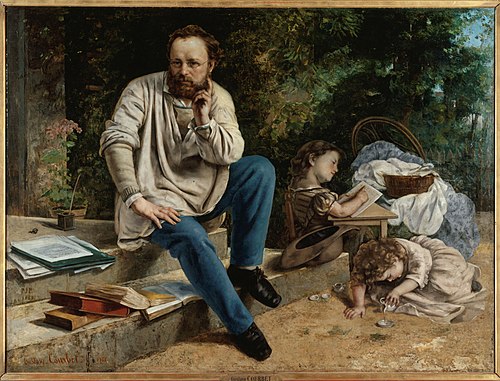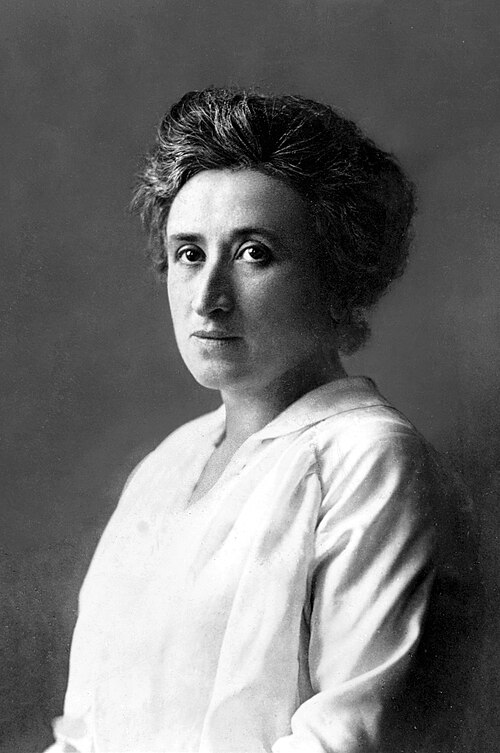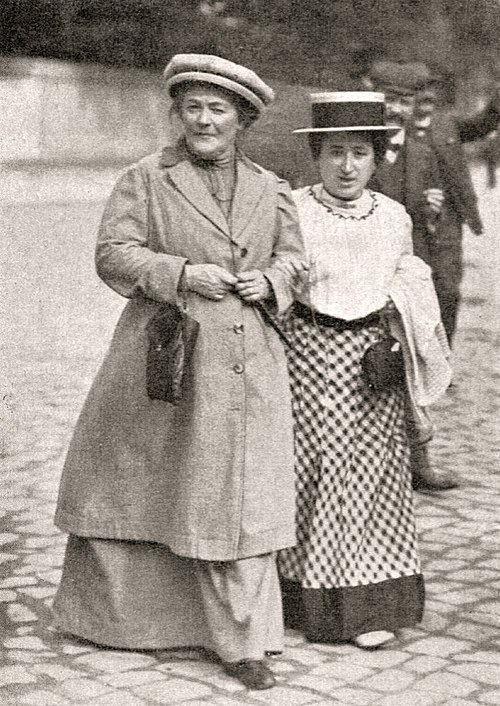Socialismnoun
Any of various economic and political theories advocating collective or governmental ownership and administration of the means of production and distribution of goods.
Socialismnoun
A system of social and economic equality in which there is no private property.
Socialismnoun
A system or condition of society in which the means of production are owned and controlled by the state.
Socialismnoun
(Marxism) The intermediate phase of social development between capitalism and full communism in Marxist theory in which the state has control of the means of production.
Socialismnoun
Any of a group of later political philosophies such democratic socialism and social democracy which do not envisage the need for full state ownership of the means of production nor transition to full communism, and which are typically based on principles of community decision making, social equality and the avoidance of economic and social exclusion, with economic policy giving first preference to community goals over individual ones.
Socialismnoun
Any left-wing ideology, government regulations, or policies promoting a welfare state, nationalisation, etc.
Socialismnoun
A theory or system of social reform which contemplates a complete reconstruction of society, with a more just and equitable distribution of property and labor. In popular usage, the term is often employed to indicate any lawless, revolutionary social scheme. See Communism, Fourierism, Saint-Simonianism, forms of socialism.
Socialismnoun
a political theory advocating state ownership of industry
Socialismnoun
an economic system based on state ownership of capital
Socialism
Socialism is a political, social, and economic philosophy encompassing a range of economic and social systems characterised by social ownership of the means of production. It includes the political theories and movements associated with such systems.
Marxismnoun
alternative form of Marxism
Marxism
A system of economic and political thought, originated by Karl Marx, and elaborated by others. It holds that the state has been the a device for suppression of the masses, allowing exploitation by a dominant (capitalistic) class; that historical change occurs through class struggle; and that the capitalist system will inevitably wither away to be superseded by a classless society.
Marxismnoun
the economic and political theories of Karl Marx and Friedrich Engels that hold that human actions and institutions are economically determined and that class struggle is needed to create historical change and that capitalism will untimately be superseded by communism
Marxism
Marxism is a method of socioeconomic analysis that uses a materialist interpretation of historical development, better known as historical materialism, to understand class relations and social conflict as well as a dialectical perspective to view social transformation. It originates from the works of 19th-century German philosophers Karl Marx and Friedrich Engels.































